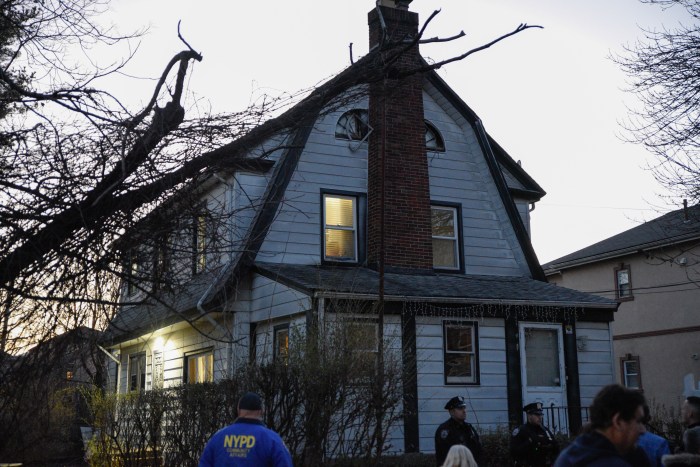By Kenneth Kowald
It has been happening it seems, as we used to say, since time immemorial or at least since the time of the Old Testament.
When political leaders have problems, their religious side is suddenly put on public display. It seems that if you do penance in public, all will be well.
David and other kings of Israel, when found to be less than perfect, knew how to do this. So did Henry II, first Plantagenet king of England, who had a long-running battle about authority over the church with his former friend, Thomas à Becket, who became archbishop of Canterbury. Henry’s problems with Becket led four knights to kill Thomas in his cathedral Dec. 29, 1170. After Becket’s canonization a few years later, Henry, faced with political problems, did public penance at the temporary shrine of his opponent. It is reported he wore sackcloth and ashes and was flogged with branches wielded by monks. He is reputed to have spent a night in the crypt.
The ornate shrine to St. Thomas was erected some 50 years later.
A century before, Holy Roman Emperor Henry IV had a similar falling out with Pope Gregory VII, also about the matter of who should rule — the church or the state — in church matters. The emperor was excommunicated during Lent in 1076 and, faced with a revolt by his princes, is reputed to have worn a hairshirt and walked barefoot over the snowy Alps from Germany. He found Gregory in a castle in Canossa in Emilia-Romagna Jan. 1, 1077, but was left out in the cold for three days, after which he begged for and received forgiveness from the pope.
In the long run, the emperor overthrew Gregory and installed an anti-pope.
Both Henrys, of course, went back to being exactly as they were after their public penance. I imagine the same held true for David and the other kings in the Old Testament. They all must have felt like saying, “Well, that’s over and done with. Now back to business as usual.”
There have been many instances of this kind of religiosity in our own time. I am sure readers can name their own favorites.
Our beleaguered governor, David Paterson, a Roman Catholic, took the occasion of a visit to a Brooklyn Baptist church in March to launch into a 15-minute defense of himself. During the course of this apologia pro vita sua, he proclaimed that he would finish his term “to fulfill the mission in which God placed me.” He made no reference, so far as I know, to predecessor Eliot Spitzer.
Our own former state senator, Hiram Monserrate, when campaigning for office after his expulsion from the Senate, compared himself to Christian martyrs and even Jesus Christ. The voters rejected him twice by large margins in March and September. In October, Slash faced a federal indictment, charging misuse of city funds channeled to a nonprofit group he controlled.
The Internal Revenue Service might take a close look at the churches that supported Monserrate during his public religious phase. If they acted in a way that violated their tax status, they should be made to pay.
It is good to see that Monserrate’s mentor, Pedro Espada, got the hook, too, and is under investigation. May justice prevail against both of them.
At a different time, in a different place, these public hairshirt displays might be considered unseemly at best. In our electronic age, the revulsion against such statements is momentary if at all.
English essayist Samuel Johnson noted that patriotism in the last refuge of a scoundrel. Would it be amiss to think that public displays of religiosity are the last refuge of damaged politicians?
It might be of some help to the rehabilitation of politicians of every faith, if they really care to remember, that someone who did not think much of hypocritical displays of religion, told his followers, when they wanted to pray to God, to go into their closets, alone, and begin, “Our father ….”
Not a bad start to repentance, even if it does not get the attention of the media.
































